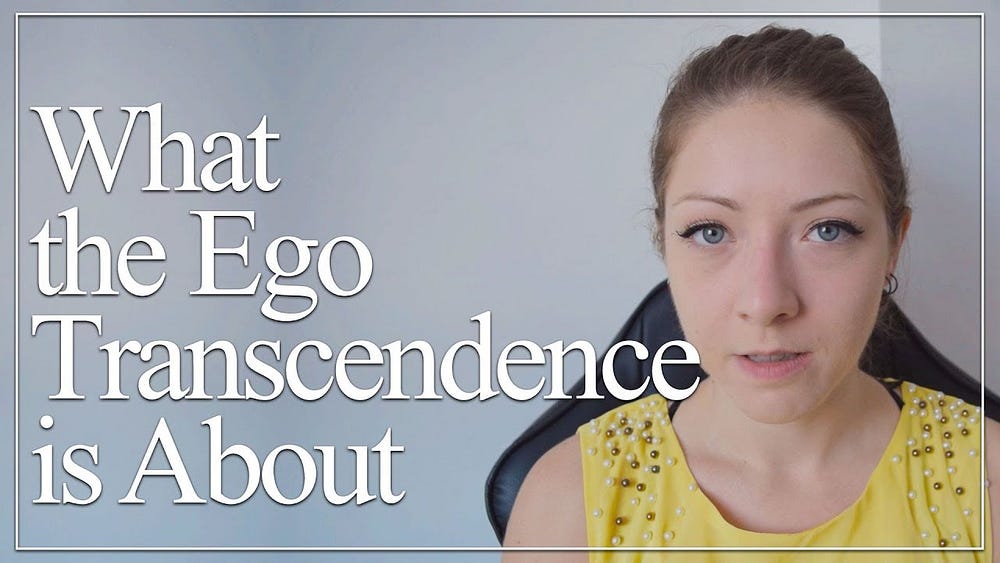“Have you tried meditation? That will reveal far more to you than any philosopher.”
Of course there are many other quotes which might have been used to open this short essay. And all of them would have shown us how many of the people who advocate meditation or “spiritual but not religious” positions (or lifestyles) have a deep problem with the “logic-chopping” nature of (Western) philosophy.
( I know of many academic/professional philosophers who practice meditation. See here too.)
Yet in order to have come to these negative conclusions about philosophy (or philosophers), these meditators or spiritual-but-not-religious people must have already done at least some philosophy — however basic. How could they have known that their conclusions are true (or correct/right) otherwise? This isn’t to say that their philosophising needed to have been profound, deep or technical. The point is that their anti-philosophy position must be philosophical in whichever way.
In addition, the road to meditation — and the positions which some meditators uphold — are also philosophical; just not philosophical in an (as it were) argument-based way.
In any case, what did the person whose quotes opened this piece mean by his claim that meditation “will reveal far more to you than any philosopher”? More specifically, what does he mean by “reveal”? Of course it may be the case that I’m digging myself deeper into the philosophical shit here by being so damn “semantic”. Perhaps I should simply accept my emotional and/or spiritual responses to his — and other people’s — spiritual and/or emotional words. But what if my emotional — and even spiritual - responses are negative too? In other words, if it is good — as Hitler and Heidegger argued — to “think with the blood”, or, as others have argued, to “think with the spirit” or to “think with one’s emotions”, then what if those who do so reach diametrically-opposed positions? Are such conclusions still equally good? And are the solutions to such — often aggressive or even violent — oppositions also brought about by thinking with the blood/spirit/emotions?
Despite all that, it can still be accepted that philosophy reveals certain things and meditation may reveal other things. In fact it depends which philosophy or philosopher (as well as which meditator and which kind of meditation) we’re talking about.
Transcending the Ego?

On a personal note. I’ve met meditators who are outright egotists. For example, some Western Buddhists (of whichever type — I’m not an expert) are actually “full of the self”. (I’ve also noted many Buddhists, etc. on film, in books, etc. who are vain and arrogant beyond belief.) One way this shows itself is by virtue of the fact that such people keep on telling everyone else that they’ve “cleansed themselves of their selves”. In other words, their “egos” are still fully in place — it’s just the words (and sometimes their behaviour) of such people are different to the “average person” (whoever he or she is).
(Here’s an article which argues that Buddhism teaches us that we should “hold onto our egos”. )
I don’t believe that simply because you meditate a lot that you automatically “transcend the ego”, transcend philosophy, or transcend thought itself. You may simply adopt another philosophy and say different things - all with an equal amount of ego. In fact the meditators I’ve met (as stated) have often been more — not less — egotistical than most other people. Again, it’s just what they say and do that’s different — their egos are still fully in place. Put basically, such people are egotistical about their supposed lack of ego. And, therefore, they can’t have “erased their egos” at all.











No comments:
Post a Comment